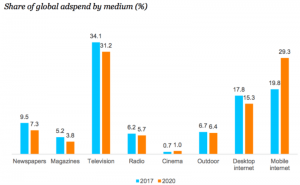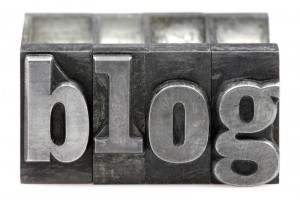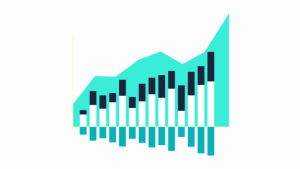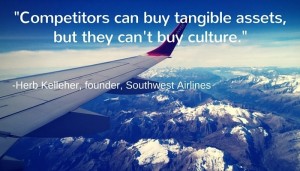— February 7, 2019
The brain is designed to look out at the world and formulate models that help it reduce uncertainty. Uncertainty due to unreliable or incomplete information affects behavior and increases the sense of fear we experience. Fear has a distinct neurochemical effect. It is also a stressor that activates avoidance behavior, increases anxiety, and elevates cortisol -the stress hormone- levels in the body.
Taken together, uncertainty and fear create a distinct neurobiological state that paralyses the rational centers of the brain, adversely impacts on the body and undermines the decision-making mechanism we need to employ, at moments when we need it the most.
It doesn’t matter if you’re in a public place and a fire’s broken out, if you’re sitting in your office and need to make the next critical decision for your business or if you’re lying flat on your stomach in the middle of a battlefield with bullets whizzing over your head. From a neuroscientific point of view all these contexts collapse into the same neurobiological response that will shut your brain down and reduce your chances for a successful outcome.
The more fearful we become the more uncertain the future becomes. This may seem like a paradox. After all fear is an intrinsic response to a perceived stimulus we experience and the future is an extrinsic state of being for a world that is so large and so seemingly complex that we can never hope to control. The link between the two lies in the evolutionary role of the brain as a predictive machine. Analytical thinking and pattern recognition is what enables us to ‘see’ the future and make the decisions that will lead us most directly to the outcome we need to achieve.
When we are afraid the release of the stress hormone cortisol shuts down the neural circuits we need to regulate our emotions and robs us of the ability to successfully predict the future at a time when we need it the most. When it is a seemingly Herculean task for us to choose between just two choices of equal value making more complex decisions without some sort of prior training or awareness seems virtually impossible.
Your Strategy For Better Decisions
The truth is that every business decision, indeed every decision, has to face some measure of uncertainty. The amount of fear that we experience will depend upon our perception of:
- The stakes involved in the decision
- Our capability in the context of the actions the decision involves
- The potential impact of what we decide
- What will happen to us after the decision has been made
These are all highly emotional triggers that usually invoke the fear response. Here’s how to deal with them successfully:
- Incrementally expose yourself to the things you fear. Not all at once and not at a high intensity. Familiarization with the fear response, what it invokes inside you and how you react will help build your tolerance level and help you cope better.
- Improve your skillset. Uncertainty and doubt eat away at our confidence levels until all that’s left is the fear of failure. Practice at what we are good at makes us better at it. It also helps us fight off doubt.
- Be in the moment. We can all learn how to focus better so that when we go through a critical decision-making process there is no room for uncertainty, doubt and fear to come in and distract us.
None of this is rocket science. At the same time through daily practice we can all learn to make better decisions in general. By consciously applying these three simple steps you will learn to better navigate uncertainty in business, and life, and achieve positive outcomes.
Business & Finance Articles on Business 2 Community
(61)




